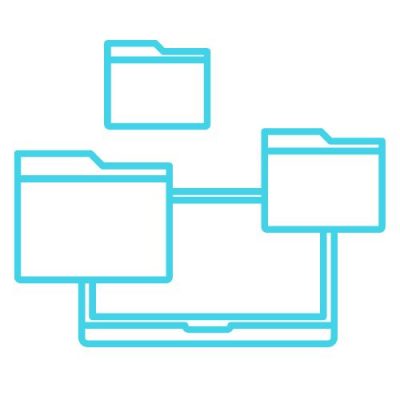Virtual Machines
A virtual machine is the same as any other physical computer like a laptop or server. It has a CPU, memory, disks to store your files, and can connect to the internet if needed. The advantages of utilizing virtual machines are ease of configuration for the exact resources needed to perform its intended function with the added ability of adjusting resources as needed over time without physically “opening” the server to increase memory, CPU and storage.
What is Virtual Machine?
A virtual machine is a software program that emulates the hardware of a real or hypothetical computer, thereby allowing you to run any computer program on a platform that is different from the one on which it was originally written. In essence, a virtual machine allows you to create a complete and isolated environment within which you can install and run an operating system and its associated applications.
Virtual machines are often used to run multiple operating systems simultaneously on a single physical computer, allowing for greater flexibility and efficiency in terms of both hardware and software resources. For example, you could use a virtual machine to run Windows XP on your Mac while still being able to take advantage of all the features and applications of your Mac OS X operating system.

